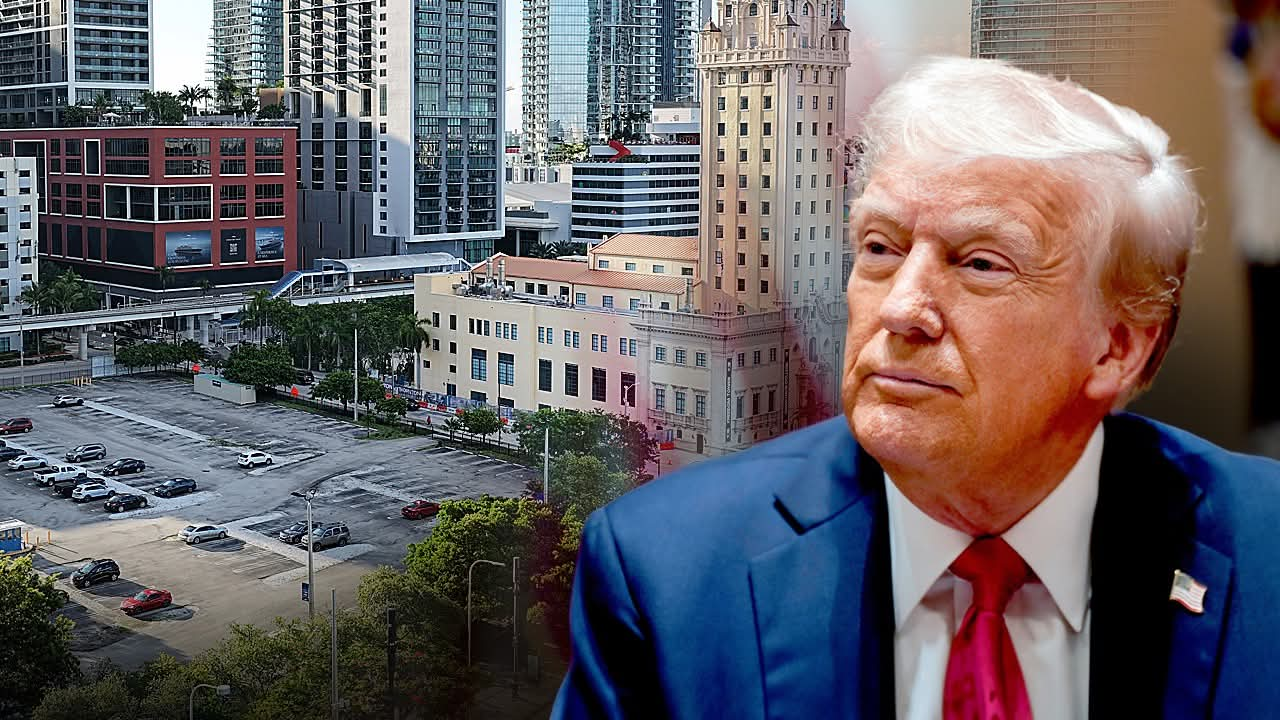CELEBRITIES
“This is not an easy decision.”A Florida judge has temporarily halted the transfer of land slated for President Donald Trump’s presidential library after a lawsuit filed by a local Democrat.Read more about the judge’s decision⤵️

“This is not an easy decision.”
A Florida judge has temporarily blocked the transfer of prime land designated for President Donald Trump’s future presidential library, following a lawsuit filed by a local activist and Democrat.
⚖️ What Happened
Judge Mavel Ruiz, of the 11th Judicial Circuit, granted an injunction to halt the land transfer pending further legal review.
The land in question is a nearly 3-acre parcel in downtown Miami, along Biscayne Boulevard, estimated at over $67 million in value.
Marvin Dunn, a local historian and activist, sued the Miami-Dade College Board of Trustees, alleging they violated Florida’s “Sunshine Law” (open government rules) by not providing adequate public notice before voting to transfer the property.
In explaining her ruling, Judge Ruiz said:
> “This is not an easy decision … This is not a case, at least for this court, rooted in politics.”
—
🧭 Key Legal & Political Issues at Play
Issue Significance
Transparency & Public Notice The heart of Dunn’s claim is that the public was effectively excluded from knowing what the trustees would decide because the meeting agenda was vague and lacked specificity.
Use of Public Educational Property The land is owned by a public college; critics argue that giving it away for a private library (even one tied to a former president) merits higher scrutiny.
Valuation & Real Estate Stakes Given the downtown location and scarcity of undeveloped parcels, the land might appreciate far beyond its assessed value.
Political Overtones vs. Legal Mandates Although the project is obviously politically charged, the judge emphasized her decision was based on procedure and law, not partisanship.
—
🔍 What Comes Next
The injunction is temporary — the case will still move forward, and the transfer may be resumed or reversed depending on the court’s full decision.
The board (and state officials) have signaled they may appeal the ruling.
One possible path: the board could issue a revised, more detailed public notice and hold another vote to satisfy procedural requirements.











